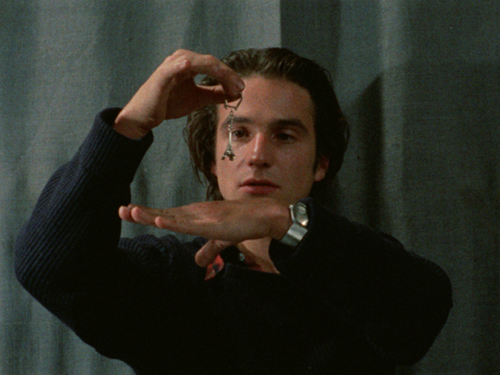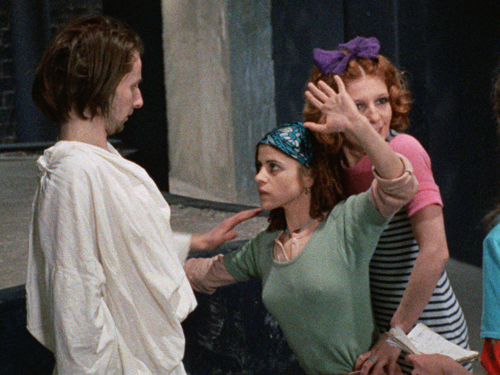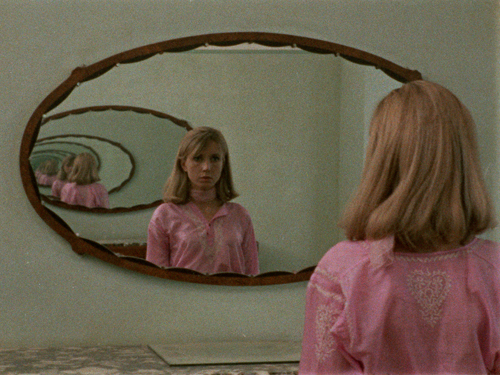Eduardo de Gregorio
Eduardo de Gregorio (1942-2012) was an Argentinian filmmaker and screenwriter. His filmography includes Sérail (1976), La mémoire courte (1979), and Tangos volés (2001). He is known for the screenplays he wrote with Jacques Rivette and Bernardo Bertolucci, for Strategia del ragno [The Spider’s Stratagem] (1970) and Céline et Julie vont en bateau (1974) respectively. De Gregorio went on to collaborate with Rivette on two more features, namely Duelle (1976), a film noir, and Noroît, a pirate adventure from the same year. Both his own films and the screenplays he wrote were often directly or indirectly inspired by the literary work of Henry James and Jorge Luis Borges.




